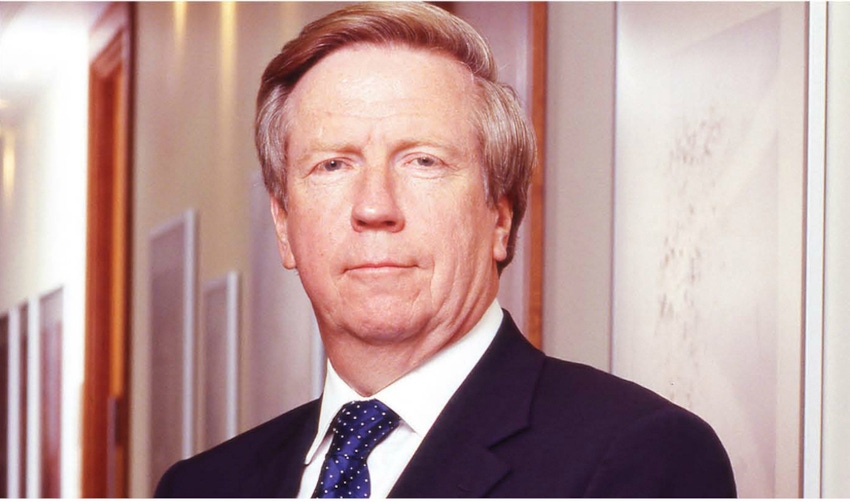Unfair system of tariffs and quota laws detrimental to EU plastics converters
May 3, 2016

The Polymers for Europe Alliance has issued a statement in which it, once again, calls attention to the situation which Europe’s current tariff and quota laws are creating for EU plastics converting companies (mainly SMEs). Since last year, the polymer industry in Europe has been hit by forces majeure on 66 occasions. While this has been attributed to various causes, the most commonly heard explanation was the lack of maintenance and investment at the aging European polymer production facilities. The result was skyrocketing polymers prices - from March 2015 to May 2015, EU polymer prices increased by over 40 percent - whilst oil prices remained at a record low. In addition, some 45 requests for tariff suspensions and quotas were submitted that year by EU plastics converters in seven Member States.
 This situation led to the creation of the Polymers for Europe Alliance by the European Plastics Converters association (EuPC) during its General Assembly in May 2015. The Alliance is an online, confidential information platform which is open to all parties who have an interest in the competitive conversion of polymers in Europe. It is intended to provide factual public information on the status of the polymer supply situation in Europe and to re-establish a constructive dialogue with the supply base.
This situation led to the creation of the Polymers for Europe Alliance by the European Plastics Converters association (EuPC) during its General Assembly in May 2015. The Alliance is an online, confidential information platform which is open to all parties who have an interest in the competitive conversion of polymers in Europe. It is intended to provide factual public information on the status of the polymer supply situation in Europe and to re-establish a constructive dialogue with the supply base.
The first steps taken by the Alliance consisted of launching a study of the polymer production sites in Europe – “to provide more transparency” – in view of the fact that a number of sites have issued more than 11 force majeure declarations in two years. It has also been investigating the possibility of setting up group purchasing platforms.
Another important area in which the Alliance has been active is that of the tariffs and import duties imposed on a number of plastics imported from abroad. It brought the subject to the attention of the European Commission and the Economic Tariff Questions Group (ETQG), ahead of the July 2016 round of tariff suspension and quota requests, emphasizing the importance of these tariff suspension and quota requests for the future competiveness of the EU plastics converting industry. As it pointed out, the issue at hand is very simple: if EU plastics converters cannot get access to sufficient volumes of polymers, they will ultimately go out of business.
The Alliance had the impression that the entire supply chain understood the severe threat to the industry posed by the material shortages of 2015. It therefore anticipated that proposals to restore the level of duty to 3% from the 6.5% level introduced at the beginning of 2014 would be warmly received by all parties. It has therefore been painfully surprised and disappointed to learn that all proposals to this effect have been vigorously resisted by certain polymer producers.
“Apparently, converters should not only suffer shortages but measures to encourage imports to alleviate this problem were being resisted as well,” wrote the Alliance.
For any such request for the tariffs on a quota of material to be suspended or removed to be successful, unanimity is required among the Member States. Under the circumstances, such unanimity has obviously not been forthcoming. In fact, the UK, Italy, Spain and Portugal opposed the final request for a 3.5% lower import duty on even a modest quota of material.
In addition, according to the rules, even if such a reduction were to be granted, the polymer producers themselves have the right to seek access to this material, thereby depriving converters of the opportunity to directly ease their supply problems.
As the summer of 2016 approaches, material is once again becoming short. “There has not so far in 2016 been the same plethora of Forces Majeures that there was last year, but nonetheless the market watches with considerable anxiety as polyethylene and polypropylene become shorter and shorter,” said the Alliance. “2016 could well prove to be a defining year for the plastics industry in Europe.”
Given the objections made by certain polymer producers to the tariff requests, and the uncertainty of EU rules applicable to these requests, the Polymers for Europe Alliance is calling for a review of these rules via amendments to the applicable law.
“This is the only way to fix a system which is unfair and does not protect the competiveness of the EU plastics converting industry, a sector employing 1.6 million people and generating an annual turnover of €380 billion,” said the Alliance.
About the Author(s)
You May Also Like


